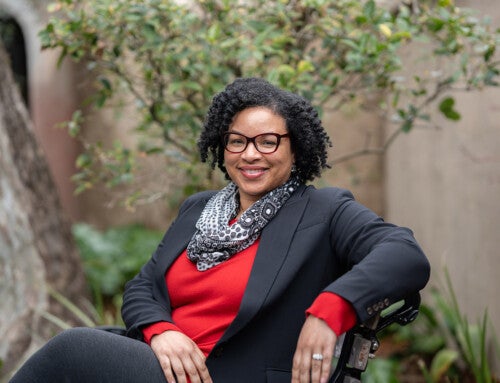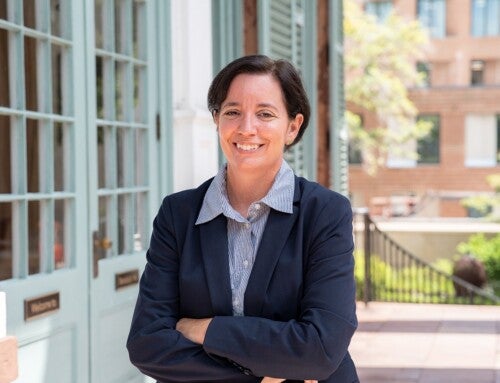The coronavirus pandemic isn’t the first thing to put the College of Charleston’s resilience to the test, nor will it be the last. The College has proven its durability and adaptability time and time again over its 250 years – always remaining stalwart and unfaltering in its pursuit and delivery of knowledge through study and inquiry.
In fact, the College is more resilient than ever, thanks to the resources and professional development opportunities that the Teaching and Learning Team (TLT) is providing through its new Resilient Teaching and Learning website.
Designed to help faculty plan for the unexpected – whether that be COVID-19 quarantines or a hurricane evacuation – the College’s Resilient Teaching and Learning website takes its lead from Inside Higher Ed, where researchers have been identifying key strategies that empower teachers to face shifting learning environments.
“Resilient teaching refers to adaptive behaviors used to develop a course for maximum flexibility,” says Mendi Benigni, a TLT instructional technologist who – along with Associate Professor of Hispanic Studies Sylvia Rodriguez Sabatar – co-chaired the College’s Resilient Teaching Task Force this spring and summer. “The Resilient Teaching Task Force has been a great advisory board for the website, working hard to define nine different teaching models to guide faculty as they create their personalized, definitive plans for thriving in the face of change.”
Complete with a hybrid course checklist for before, during and after the course; a database of open education, multimedia and technology resources for courses; and a list of the various social-distancing classroom capacities across campus – not to mention an ever-growing number of tutorials on everything from modifying a syllabus for hybrid courses to creating an engaging final week – the website takes a comprehensive approach to preparing CofC faculty for the unplanned.
“This year has taught us all that you never know what you’ll need to know or when,” says Benigni, adding that she hopes that the Resilient Teaching and Learning website shows faculty members that they don’t have to go it alone. “We can learn a lot from each other in times like this. Together, we will come out on the other side of this better than ever.”
Just like we’ve done time and time again.




